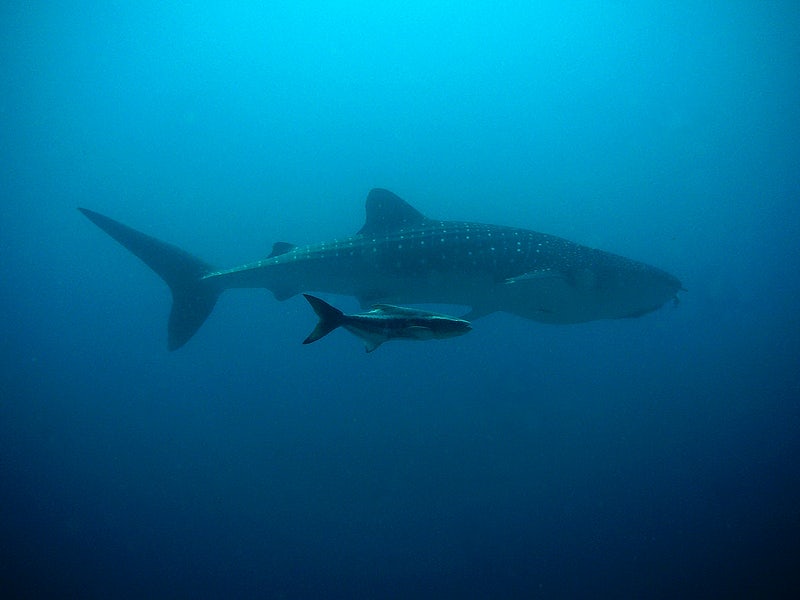Sharks inhabit all oceans of the world. Are you ever curious about how sharks adapt to various habitats, environments, and, most importantly, the temperature of the water? Well, it comes down to cold blood or warm blood.
Sharks, on the other hand, are vital for blue oceans since they help maintain the balance between diverse marine populations. Aside from contributing to the economy, sharks are also considered an important element when it comes to eco-tourism.
Having over 500 species of sharks, each species has different characteristics. However, most sharks are considered cold-blooded. If you aren’t sure what it meant to be cold-blooded, we will see that in the latter section of the article.
Just like most sharks, many of the fishes are also categorized as cold-blooded or also referred to as ectothermic. In contrast to cold-blooded, the other species or the animals would be warm-blooded or also known as endothermic.
Let’s not get confused between these terms and see what it actually means.
What is meant by cold-blooded?
As simple as that, animals with body temperatures that change according to their surroundings are known as cold-blooded, and as mentioned above, most sharks, as well as the fishes, belong to this particular category.
Whereas warm-blooded is referred to as a state of maintaining a constant body temperature above the ambient temperature by metabolic means in animals, usually mammals. Do you know sharks are mammals, or do they lay eggs? And what breed of sharks lay eggs?
As a matter of fact, all mammals are known to be warm-blooded. Mammals’ bodies require ample quantities of fuel to maintain a constant temperature, which is why they eat a lot. In contrast, animals that are ectothermic require less energy, so they need not as much food to survive. With that being said, there exist some cold-blooded mammals as well.
Why are sharks cold-blooded?
Unlike warm-blooded animals, cold-blooded species do not churn out their own body heat. Due to this, their body temperature depends on their surroundings. However, they tend to slow down when the climate is hot because they become warmer by the heat.
Since sharks have cold blood, their body temperature is similar to that of the water in which they are. Nonetheless, there are shark species that are partially warm-blooded (endotherms), meaning they have the ability to raise their body temperature even above the water’s temperature. One example of these sharks is the Mako and the Great white shark.
Do check out here what sharks are not cold-blooded. They conserve heat in their body core by having a special vascular network that is located around their muscles, rather than allowing it to escape into the cool water as they swim. Do you know this ability of the Great White to warm itself is part of what makes it such a successful apex predator?
When it comes to why sharks are cold-blooded and how it benefits them, it’s all about efficiency and adaptability.
Warm-blooded animals require a great deal of energy to do well, so they spend much of their time finding food. Since cold-blooded animals do not need to produce their own heat, they consume a lot less food, and they are able to relax much more than birds and mammals do.
Thus, sharks can thrive in any temperature water, allowing them to swim and move faster and ensure their place as the top predators in the ocean. Don’t be mistaken about sharks’ senses. Do check out if sharks are deaf or blind.
This feature also allows the animals to survive without food for a long time, and it is one of the reasons many animals such as crocs and scorpions have managed to pass several extinction events.
The same goes for sharks, they have been here for ages, and they will continue to rule the water world for many years to come. You might be interested to know whether sharks are older than trees or not.
Conclusion
Most species of sharks are cold-blooded, which allows them to regulate their body temperature according to their environment. It is due to this fact that sharks have been able to survive many extinction events in history. Moreover, these methodologies allow sharks to adapt to their outside environment without experiencing any side effects.







